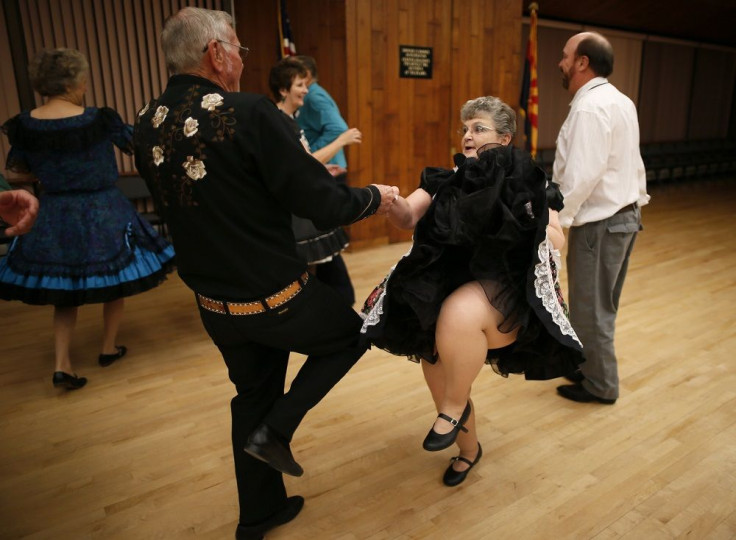Study to test if Omega-3 fish oil & hypertension drug could lessen inflammation on seniors to ensure mobility

A $5.3 million (AUD$7 million) grant from the National Institutes of Health is funding a study in the US that would aim to lessen the inflammation of seniors to ensure their mobility. The research would test if Omega-3 fish oil and losartan, a hypertension medication, would help reduce inflammation linked with aging.
The scientists, led by Wake Forest Baptist Center in North Carolina, would recruit 300 older adults who have or are at risk for mobility limitation. Fish oil and losartan had been proven to lessen inflammation, one of the two issues that health experts identify why elderly people are in nursing homes. The other issue is they cannot think.
But the study would focus on why they cannot walk, says Dr Stephen Kritchevsky, director of Wake Forest’s Stich Center on Aging. He explains, “The older people who report the highest life satisfaction, and who also seem to live longer, are those with intact and robust social networks. The ability to walk is fundamental to maintaining one’s social contacts and remaining independent,” quotes News Medical.
Wake Forest would serve as the data coordinating hub of the research. The study also includes the University of Florida, Tufts University, Northwestern University, the University of Pittsburg and the University of Vermont.
Walter Ambrosius, professor and chair of biostatistical sciences at Wake Forest, says they hope to design a larger study that would target inflammation to preserve the ability of people to walk. “The ultimate goal is to develop therapies that can preserve people’s ability to walk unassisted and live independently,” he adds.
In 2010, Wake Forest led a study that sought to determine if structured physical activity could prevent or delay major mobility disabilities in older adults. The ongoing six-year study, titled Lifestyle Interventions and Independence for Elders, is following 1,600 sedentary adults ages 70 to 89 at eight institutions in the US and at risk of mobility disability.
Tony Marsh, associate professor of Health and Exercise Sciences at Wake Forest University, says the study would determine if the loss of mobility, often observed in older adults, could be prevented. He explains, “Older adults value their independence as much as any aspect of their lives and mobility is absolutely central to the preservation of independence.”






